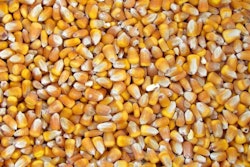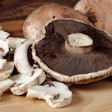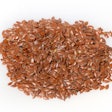
Tim Johnson, DVM Ph.D. at University of Minnesota, spoke to a group of poultry growers at the Midwest Poultry Federation (MPF) Convention in St. Paul on March 17 about the use of essential oils as feed additives for poultry.
During recent years, various companies and researchers have reported that essential oils can be utilized for a wide variety of purposes, including as a natural alternative to antibiotics. For example, Cargill reported in January that it has seen success in utilizing essential oils derived from thyme, cinnamon and oregano to improve gut health and maximize feed efficiency.
According to Johnson, essential oils have been claimed to offer all of the following functions:
- Simulate digestive enzymes
- Improve gut histology
- Antibacterial
- Antifungal
- Antiviral
- Anti-inflammatory
- Antioxidant
- Coccidiostatic
- Immunomodulatory
- Calming
“It’s a huge list,” said Johnson. “There are a lot of common themes: antibacterials, antifungals…all of these things are what we hope that they do and what many groups say that they do.”
Johnson was curious about this, so he studied some of the most recent research about the efficacy of essential oils.
“I thought it would be kind of interesting to see what evidence is there that these things do what they say they’re going to do, particularly in birds,” said Johnson. “There’s a lot of debate about this…the scientific community is very divided.”
Johnson cautioned that it’s difficult to make broad generalizations about essential oils due to the sheer number of oils available.
“What’s interesting is that there are more than 3,000 compounds,” said Johnson. “It’s hard to give broad claims to something when each compound might do something different.”
A variety of studies have looked into whether essential oils are really capable of providing all of these benefits, but there is really no consensus across the board according to Johnson. He recommends that you carefully consider what you’re trying to do and look for oils with a proven track record in that particular area.
“Read beyond the abstracts to get some of the details about what was actually done and what it means,” said Johnson. “It’s very easy to take data and put claims behind it, so I think it’s really important to look at the results and what they mean in the context of the questions that you’re asking.”
















